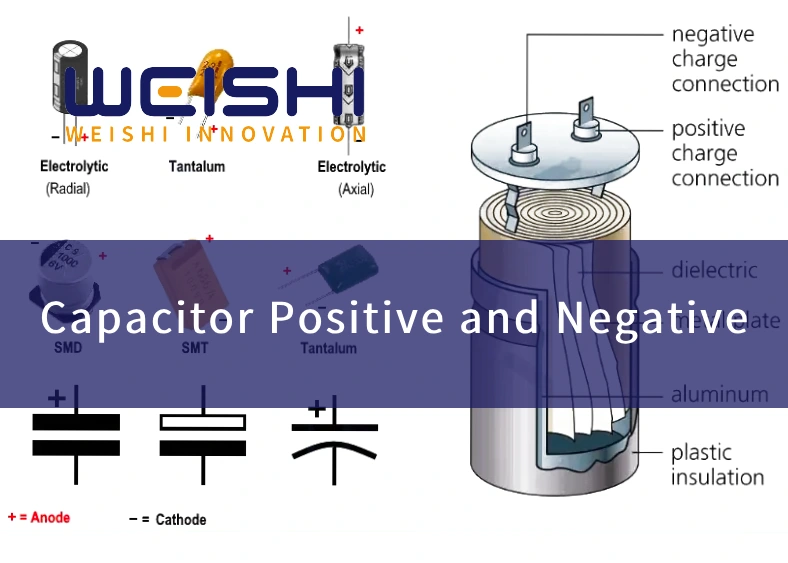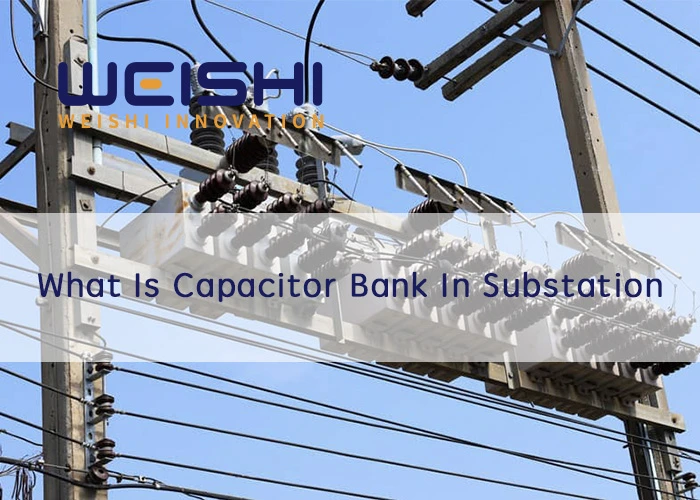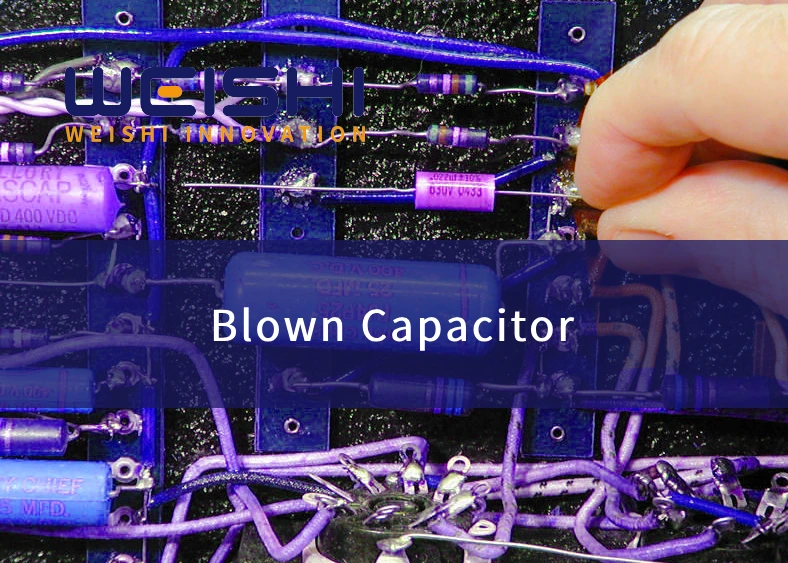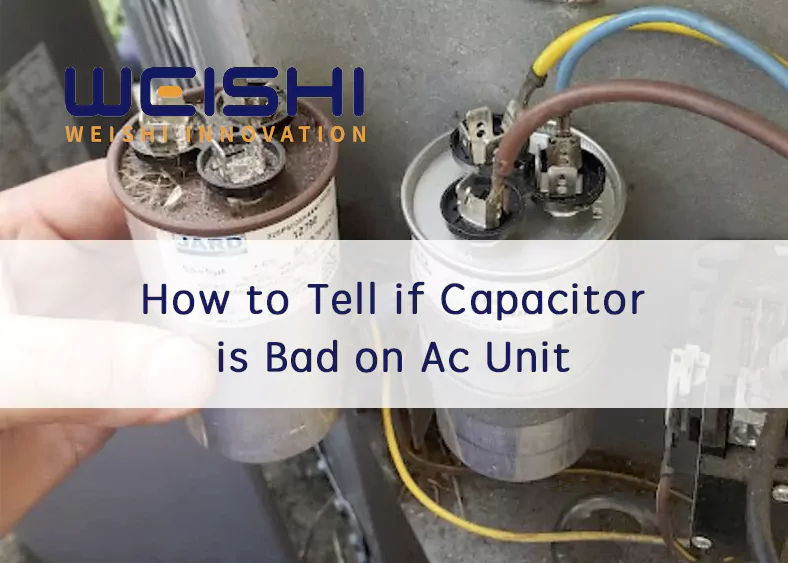Shunt Capacitor: What It Is and How It Works 2025

A shunt capacitor is a passive electronic component connected in parallel with a load. It’s primarily used for filtering high-frequency noise and improving power factor in AC circuits. By bypassing high-frequency AC currents, it enhances circuit performance and efficiency.
Capacitor Positive and Negative:Ultimate Guide 2025

Capacitors, especially electrolytic ones, have a positive and negative terminal. It’s crucial to connect them correctly to avoid damage. Incorrect polarity can lead to the capacitor overheating, leaking, or even exploding. The longer lead is usually positive. Always refer to the datasheet or circuit diagram for specific polarity markings.
Leaking Capacitor: What Causes and How to Fix

Capacitors are essential components in almost every electronic device. They store and release electrical energy, helping to smooth voltage fluctuations and power transient events. However, when a capacitor begins to leak, it can cause significant damage to electronic circuits, affecting their performance and lifespan. In this article, we will explore the causes of leaking capacitors, […]
Capacitor vs Resistor: What Are Difference Between Them?

Capacitor vs Resistor: A Comprehensive Guide. Learn about the key differences, functions, and applications of these fundamental electronic components. Understand how they work together in RC circuits and their impact on various electronic systems.
What Is Capacitor Bank In Substation?

A Capacitor Bank in Substation helps improve voltage stability, reduce power losses, and optimize energy efficiency by managing reactive power in electrical systems.
Bulged Capacitor: The Ultimate Guide to Bulging Capacitors

Learn about the dangers of bulging capacitors, their causes, and how to identify and replace them. Protect your electronic devices from potential damage and fire hazards.
Treble Bleed Capacitor: What It Is and How It Works

Treble Bleed Capacitor: A Comprehensive Guide. Learn how this small component can significantly improve your guitar’s tone and prevent high-frequency loss at lower volumes. Discover the benefits, working principle, and ideal capacitor and resistor values for optimal performance.
Blown Capacitor:A Comprehensive Guide to Diagnosis and Replacement 2025

A blown capacitor is a capacitor that has failed, typically due to overvoltage, excessive heat, or aging. When it blows, it may leak, bulge, or even explode, causing electrical failure in the device. Identifying a blown capacitor involves visual inspection and testing with a multimeter. Replacing or repairing the damaged component is essential for restoring function.
Fixed Capacitor: The Comprehensive Guide For Beginner

Learn everything about fixed capacitors in our comprehensive guide for beginners. Explore their function, types, and applications in electronic circuits.
How to Tell if Capacitor is Bad on Ac Unit

Discover how to identify signs and symptoms of a bad capacitor on an AC unit, perform diagnostics, and replace faulty components to ensure reliable system performance.
Capacitor Dielectric: What It Is And How It Works

Discover the crucial role of dielectric materials in capacitors. Learn how these insulating substances increase capacitance, improve voltage ratings, and enhance overall performance.
Capacitor Resistance: What It Is and Why It Matters

Learn about the often-overlooked aspect of capacitor performance: Equivalent Series Resistance (ESR). Discover how ESR impacts circuit efficiency, power dissipation, and overall system reliability.